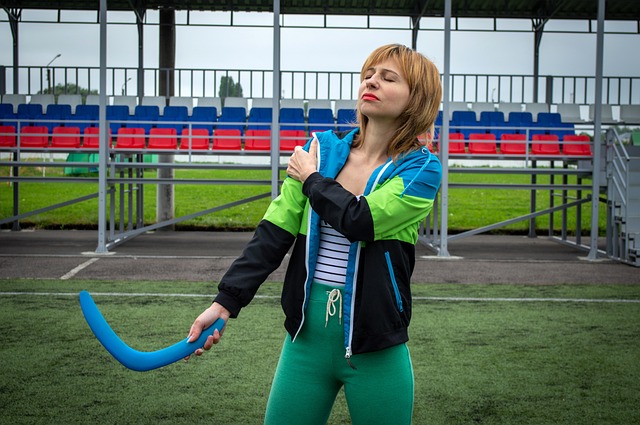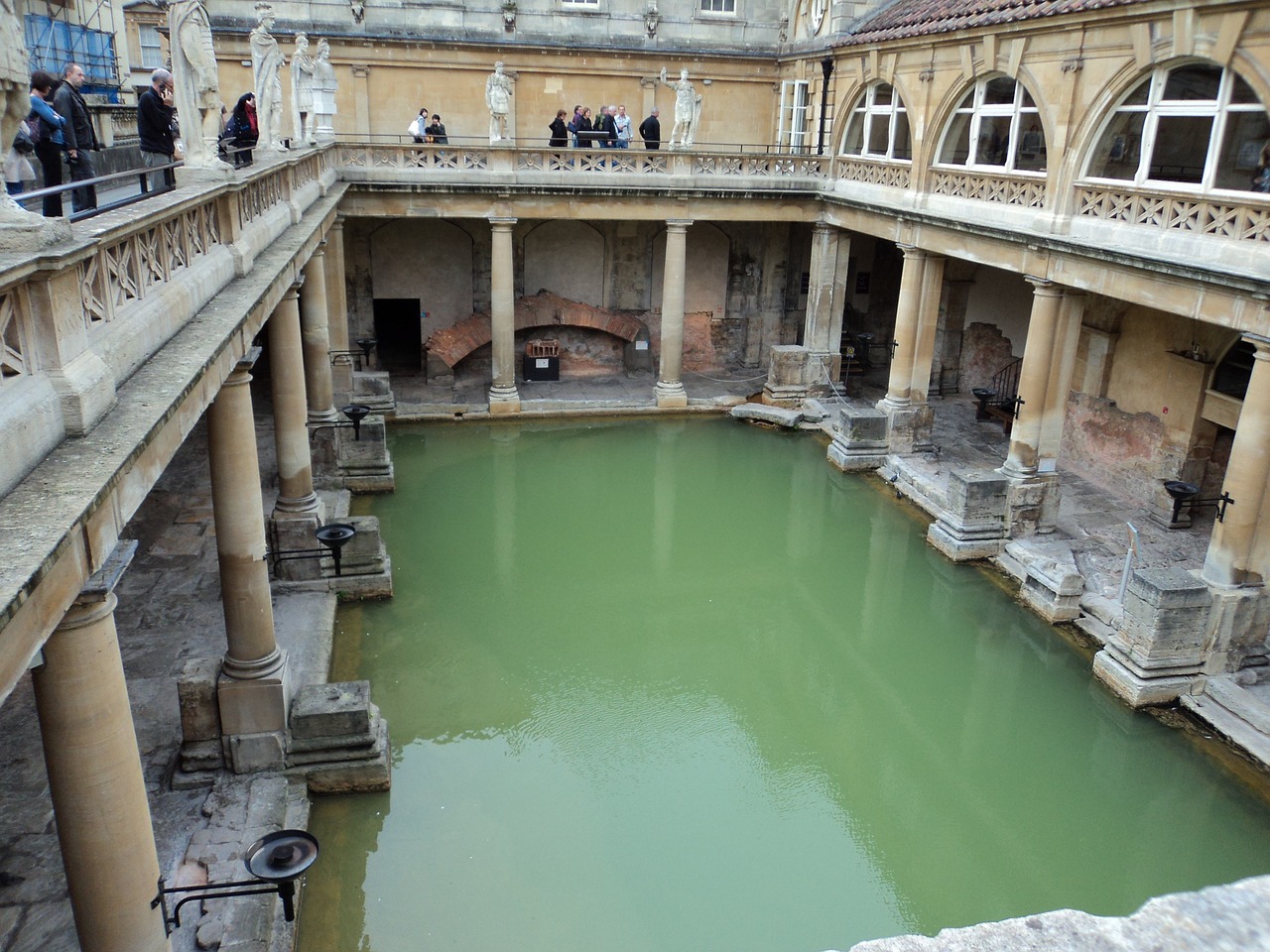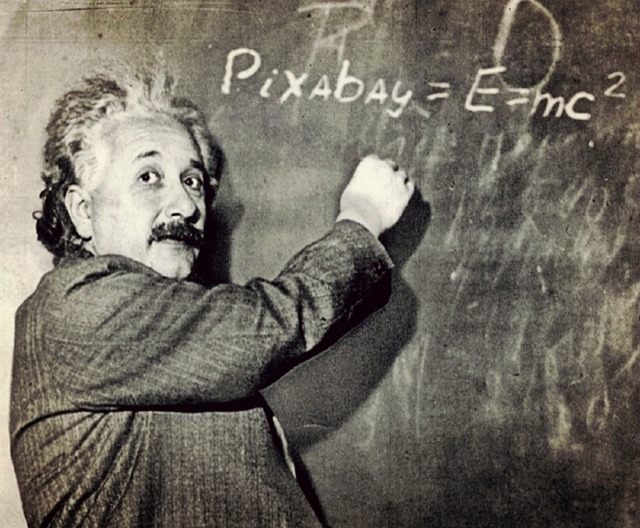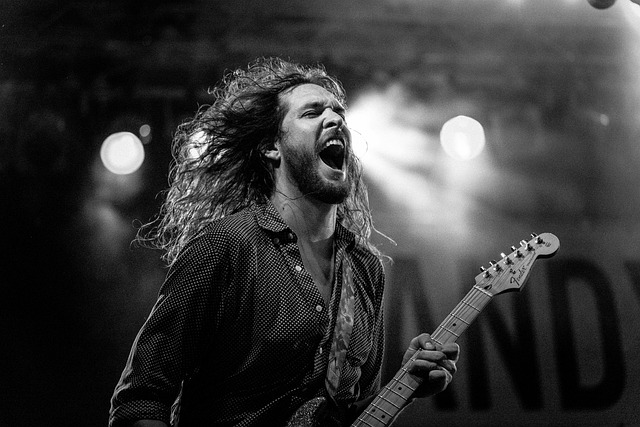Article Title:'What-does-the-fairy-DO'? The staging of antithetical masculine styles in the poetry of Tony Harrison and Douglas Dunn
Abstract:
It has become a critical commonplace to view a body of postwar British poetry by male poets of working-class origin as marked by questions of class, education and language and with anxieties over the gap between origins and destinations. However, this critical reception largely ignores the gendered nature of these questions and anxieties. The poetry of Tony Harrison and Douglas Dunn reveals how anxieties over what might be termed class performativity are inextricable from anxieties over gender performativity. The elision of these two performativities derives from anxieties over whether cultural activity generally and poetry specifically is 'real' work for 'real' men. These anxieties have a long history and, in the specific case of working-class cultural production, are a pre-existent, privileged construction. Both poets attempt to negotiate the fear of the taint of effeminacy that has made writing fraught for working-class men in new ways and do so differently from each other. Tony Harrison's poetry explores the apparent impossibility of performing a traditional working-class identity without simultaneously performing its gender assumptions. The conflicts arising from the traditional binary of 'masculinity/effeminacy' cannot be resolved but only brought into a new relation, what v. calls 'a working marriage.../ a blend of masculine and feminine.' Douglas Dunn's early poetry explores the same conflicts but offers a much more sophisticated account of ow gender is constructed and performed culturally and economically. In this context, his poetry converges with Boscaglia's account of gender as a 'speculary structure.' Dunn's solution to the apparent inextricability of class performance and traditional gender assumptions is to construct a masculinist poetic in which poetry is akin to the shipbuilding of his Scottish, working-class origins. Reading postwar British poetry for gender in this way reveals the deep-seated nature of the assumptions which the poetry of Tony Harrison and Douglas Dunn both embodies and negotiates.
Keywords: twentieth-century English poetry; masculinity; men in literature; English poetry post-1945; class; gender
DOI: 10.1080/095023600363373
Source:TEXTUAL PRACTICE
Welcome to correct the error, please contact email: humanisticspider@gmail.com



